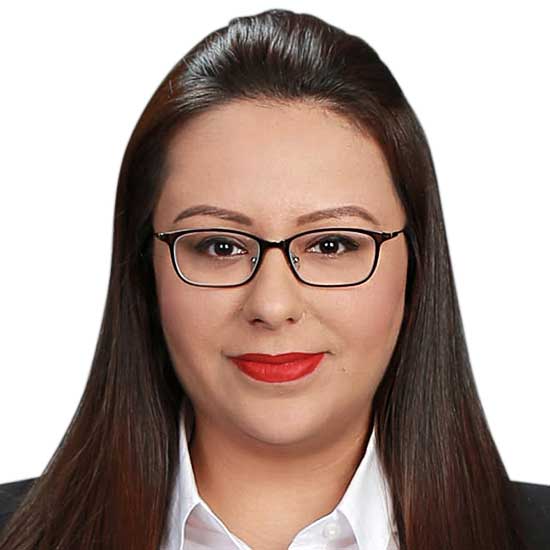How long do you take to make a decision? What kind of outcome are you expecting as an effect of your decision? An article1 from the Harvard Business Review defines a decision as “great” through a few key points such as:
- Getting various opinions from people who can expand your view
- Making timely decisions
- Finding the root cause
- Applying short-term and long-term aspects
Many of us want to make informed decisions with calculated risks. Running our ideas through others can provide us with insights and touch on our blind spots. A qualified counsellor can zoom out from your situation and see aspects that you may not otherwise see when you are in the situation itself. Life is a long journey of highs and lows, which means what you experience or face today can differ from yesterday and tomorrow. Making decisions across a timeline can thus be influenced by the factors that exist during a particular moment or period. A counsellor who practises coaching can collaborate with you in creating ways to achieve your goals in a timely manner. After all, some decisions have to be made at this moment, while others can wait the next decade.
Some of us struggle to make decisions because we are afraid we may be wrong or things may get worse. The notion of possible failure can cripple us in proceeding with actions that are supposed to move us forward. In this case, seeking the root cause of a problem can ensure solutions are directly addressing the issues. Counselling addresses our emotions as we explore possibilities and challenges that can make us feel frustrated, confused, stressed and more. When negative emotions evoke our impulsivity, hence affecting our ability to make decisions that thrive better when we are calm and settled, our fight, flight or freeze2 mode kicks in and takes over the decision making often without us realizing (Thompson et al., 2014).
Our decisions can make or break us. They may not always define us, but they should tell us and others something about ourselves. Just as we have short-term and long-term goals, our decision-making ability needs to learn to ride with the nature of our objectives. Your counsellor is committed to working with you in meeting your needs and wants. You get to decide what you want and when you want; and this is where you begin.
References
- https://hbr.org/2022/03/how-to-make-great-decisions-quickly
- Fight, flight, and freeze: Threat sensitivity and emotion dysregulation in survivors of chronic childhood maltreatment. Authors: Kristen L.Thompson, Susan M.Hannan, Lynsey R.Miron. Personality and Individual Differences, Volume 69, October 2014, Pages 28-32 https://doi.org/10.1016/j.paid.2014.05.005





